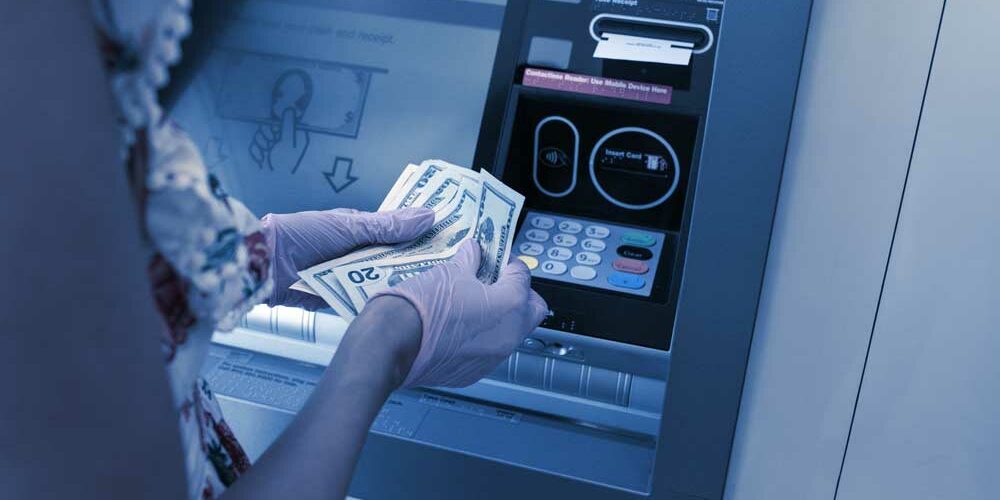Currency exchange is the process of trading one currency for another, the purpose of which is usually to conduct personal or business transactions in a foreign country.
What Are Currency Exchange Rates?
Currency exchange rates refer to the price at which one currency can be bought or sold for another country’s currency.
For example, if a single Euro costs 1.16 USD, you will have to pay 1.16 USD for every Euro you buy. Therefore, if you’d like to purchase 10 Euros, you will need to pay 11.60 USD.
Currency exchange rates can be fixed or floating, which determines the value of a currency.
Fixed Currency Exchange Rates
A government determines a fixed rate through its central bank. It’s “pegged” against another significant world currency, usually one of the major currencies such as the USD or the Euro, and follows the movement of the pegged currency value. For example, most Caribbean countries peg their currencies to the USD since their countries’ primary source of income comes from tourism, in USD.
Countries usually fix their currencies to maintain economic stability and to safeguard the competitiveness of their goods and services. It also helps regulate currency fluctuations.
Floating Currency Exchange Rates
Most countries have floating rates, which constantly change based on the supply and demand for each currency. If the need for the currency is high, then its value goes up and vice versa. Other economic factors, including government policies, can also affect these rates.
Most major world currencies operate on floating rates, such as the USD, GBP, and JPY.
What do I Need The Currency Exchange Rates For?
If you require a foreign country’s currency for buying or selling products internationally, sending or receiving a transfer to/from another country, you should familiarize yourself with the currency exchange rates.
Factors That Affect Currency Exchange Rate
Currencies are bought and sold, just like other products on the market. If the demand for a currency is high, its value goes up. When the demand is low, its value decreases.
Supply and demand change based on several economic factors, but these are generally affected by:
Commodities
Countries that produce or export commodities, such as oil, typically enjoy higher currency values due to a higher demand for their currency. For example, if oil prices go up in an oil-producing country, then another country that imports its oil must purchase more of its currency. The demand for the oil-producing country’s currency increases, consequently boosting its price.
Inflation
Inflation means prices for commodities in a country go up, lowering the purchasing power of their currency. The costs of exports increase while the domestic demand for goods decreases, depreciating the currency’s value.
Foreign Investments
A flow of foreign funds into a country increases the value of the country’s currency.
How to Protect Yourself From Fluctuating Currency Exchange Rates
There are ways to protect yourself from fluctuations and devaluations of the currency. For instance, you may choose to protect your money from currency volatility and the risk of devaluation with the Cashero app’s multi-currency wallet.
Cashero takes pride in giving its users the ability to protect their money from currency volatility and the risk of devaluation by holding 3 of the world’s global reserve currencies. You can load your Cashero Wallet with your local currency (if supported), and it will automatically or manually convert to USD, EUR, or GBP.
Content Disclaimer:
As of the date of publication, the information contained on this page is deemed to be factually accurate for all terms of conditions, features, and fees on the app. Please note that changes made to Cashero’s terms of conditions, features, or fees after the time of publication of this content may not be accounted for.
App Disclaimer:
The Cashero App is now available for download in both the Apple App Store and Google Play Store. Please note that the full functionality of our app will be available in the following weeks once we have fully launched.
